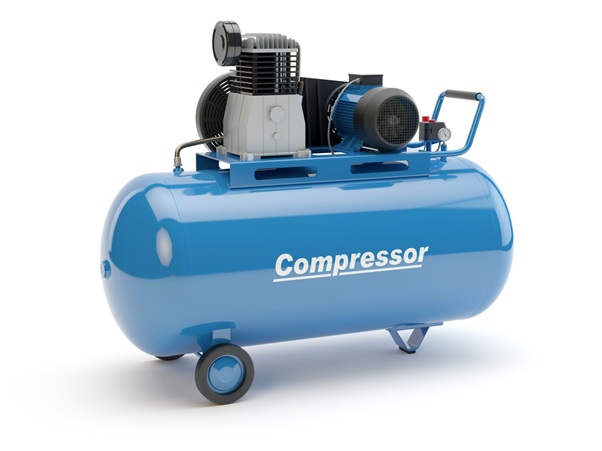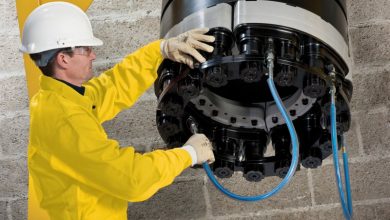Oil vs. Oilless Air Compressor: What’s the Difference?

An air compressor is an essential tool for a variety of jobs big and small, and choosing the right type is very important.
There are two main types, but when it comes to an oil vs oilless air compressor, which one is better for your needs?
Do you need help deciding? Are you wondering, “how do air compressors work?”
Well, you’re in luck! This article will help explain what exactly each type is, and the difference between oil and oilless air compressors.
What Is an Oil Air Compressor?
An oil air compressor uses special oil to lubricate moving internal parts and reduces friction.
Splash lubrication is the most common method used in these air compressors, and uses dippers to pull oil from a reservoir, and splashes it upwards to coat the moving parts of the compressor and prevents damage.
Pros and Cons of an Oil Air Compressor
These compressors are more expensive, heavier, and are often meant to stay in one place.
They require a fair amount of maintenance and upkeep because of all the moving parts but can generate up to 15,000 hours of use. Great longevity and durability are a huge plus.
Because they use oil, these compressors are much quieter than oil-free models. However, the cost of that oil will add up over time.
They offer more power and a larger tank which can be crucial for larger jobs that require bigger tools and more time to complete.
What Is an Oil-less Air Compressor?
An oil-free air compressor still uses lubrication to reduce friction, but they are per-lubricated and do not require the addition of oil, as the name suggests.
Teflon is the product used for lubrication in place of oil and serves the same purpose of preventing damage to moving parts.
Pros and Cons of an Oil-Free Compressor
These types of compressors are typically less expensive, lighter, and more compact. However, they have smaller tanks, less power, and are noisy.
Oil-less air compressor maintenance is much easier than models that use oil, but eventually, the Teflon will wear away and a new compressor will need to be purchased.
Oil-free air compressor life expectancy ranges from 200 – 400 work hours in older models, and up to 2,000 hours for more modern versions. This is still 7 times less than an oil air compressor.
An Oil Vs Oilless Air Compressor
So, which type is right for you? The answer to this question is completely dependent on the job you need a compressor for.
The best oil air compressor benefits are found in larger commercial and industrial jobs. If you intend to use the compressor at great length, professionally or otherwise, it’s a great long-term investment.
Oilless compressors are better for home use and great if you only intend to use them here and there. The compact size and cheaper price make this perfect for more casual, non-commercial use.
It’s Time to Make a Decision
Now that you know the differences between an oil vs oilless air compressor, it’s time to choose the best one for your needs. Or, if you need a compressor for at home and on the job, perhaps you’ll choose both!
And if you’ve enjoyed reading this information on compressors, please browse our website for many other helpful tips and useful advice.






